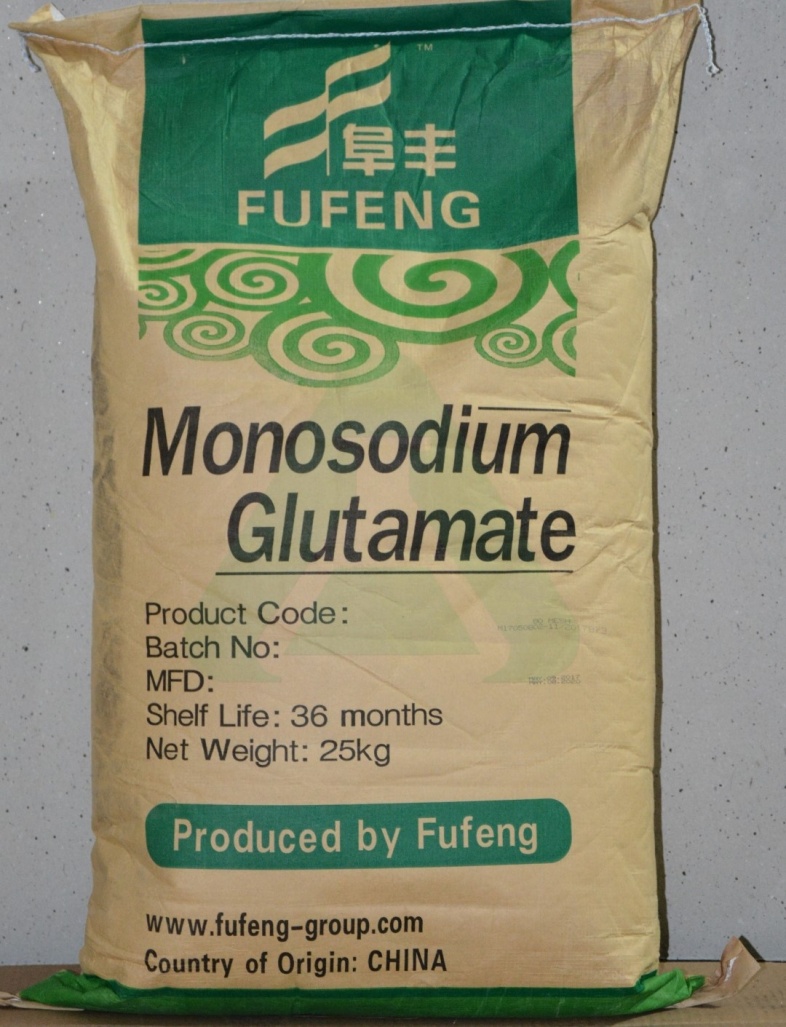Definition and Areas of Use :
Mono Sodium Glutamate; Mono sodium glutamate, the most preferred and used flavor enhancer in the world, is the sodium salt of L-glutamic acid. Glutamate, which is found in meat, chicken, cheese, some vegetables and protein-rich foods, is naturally produced in the human body and plays important roles in various organs such as the brain and muscles. As a result of the research, it has been determined that only the L-form of this amino acid has a flavor enhancer status, while the D-form does not have such a status.
The effectiveness of glutamate, which is naturally found in protein-rich foods, is lost through processes such as harvesting, processing and marketing in the processing of foods into products, and it has been stated that cooking and freezing are not effective in preventing this flavor loss. Mono sodium glutamate, which is soluble in water and alcohol and almost odorless, is obtained as a result of bacterial fermentation in which starch or molasses are carbon sources and ammonium salts are nitrogen sources. In this fermentation, natural substances such as tapoica flour and sugar cane are used.


